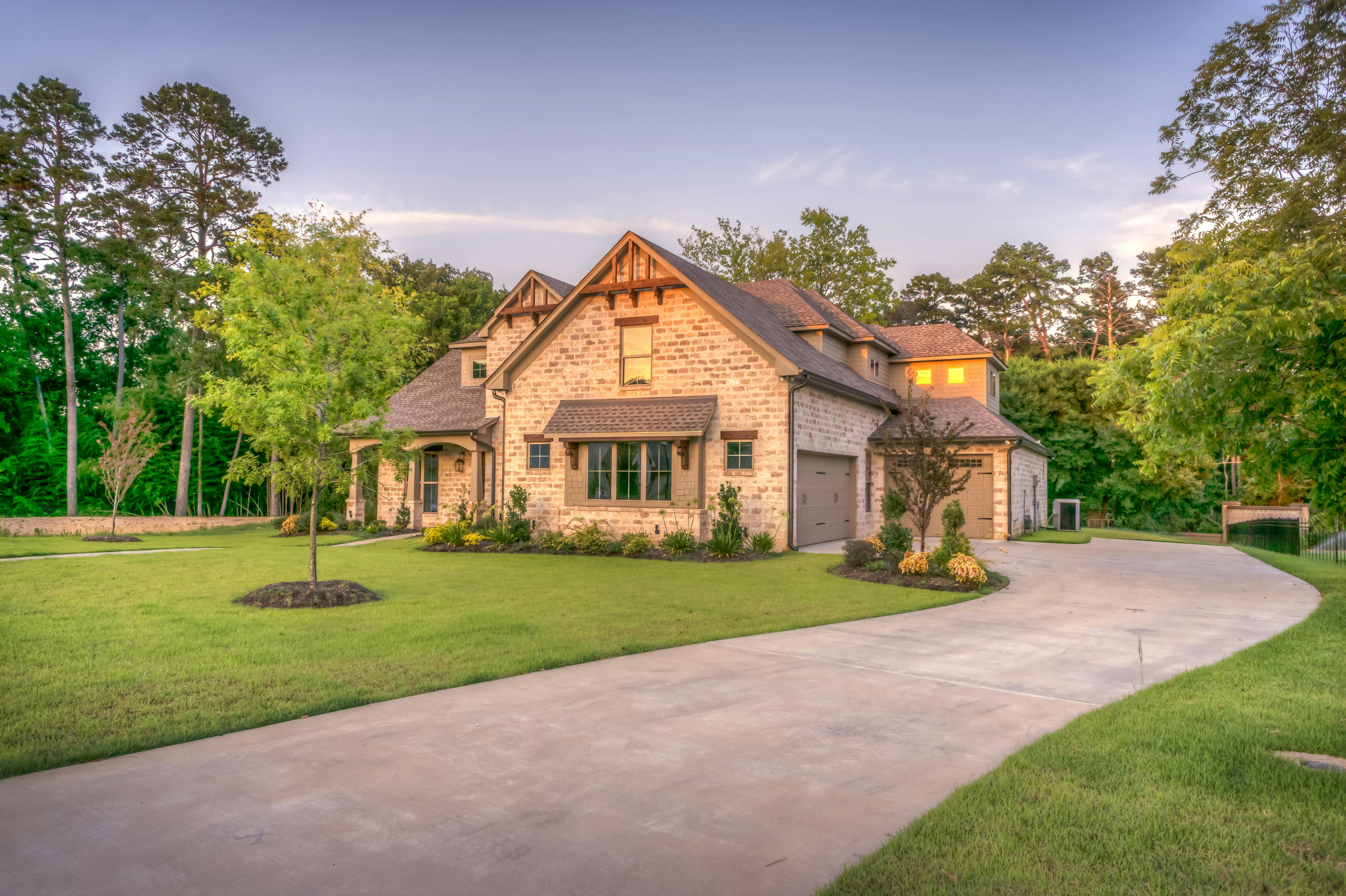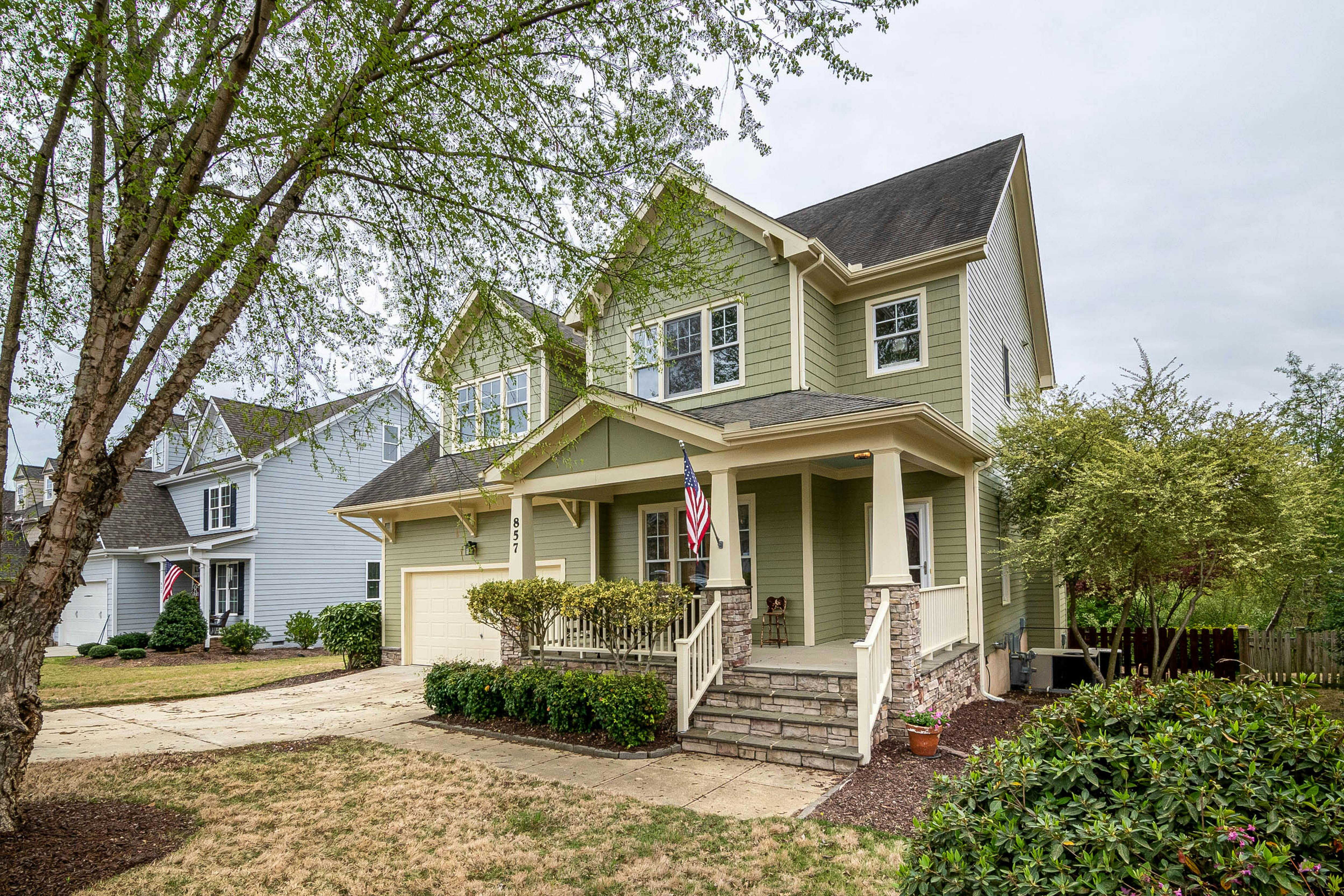Unlicensed accommodations represent a growing change in the hospitality industry. Hotels now face a new competitor in the form of anyone with a vacant room and access to websites like AirBnB. However, consumers must also understand how the two services now differ in terms of expectations, regulations, and more.
For those who don’t know, new websites allow landlords, or sometimes just those with loose leases, to list their vacant rooms for lodging. There are certain expectations, but these are largely negotiated between the owner and the occupant, with the websites simply acting as intermediaries for the exchange of money and advertising.
At first, these upstarts accounted for less than a fraction of a fraction of hospitality industry revenue, warranting little more than a dormant eye on the part of the hospitality industry. In the last year, however, these services have exploded: AirBnB, for example, has now coordinated more than 10 million stays since its founding.
It’s important for savvy consumers and concerned executives alike to understand the inherent differences between traditional hosting and these new services.
First, hotels are a regulated industry. In addition to star ratings, laws at the municipal, state, and federal levels define minimum cleanliness and safety guidelines. This provides travelers with a degree of certainty when booking accommodation. BnB websites claim to mitigate these concerns through a review and feedback process; however, such a process is reactive, leaving jilted travelers stranded in the event of a bad rental. The consumer has the responsibility to review any new or uncertain rental.
Cities around the world are moving to address the regulatory issues of these hidden rents. Many cities already have requirements for buildings that act as BnBs to obtain a license, but many avoid this requirement. As a result, tax revenue is lost and minimum standards, such as disabled access, are avoided. Praised as a way to connect the community, profiling differs from the traditional hosting community, which is required to offer hosting based solely on ability to pay. The process by which an AirBnB renter can choose who stays based on photos and personal information opens the door to discrimination.
The interest in legitimizing these alternative services, however, lies in consumer demand for an alternative way to stay while traveling. While hotels serve a fantastic function for short-term and business travelers, they may not be suitable for longer-term and themed stays. Alternative accommodations often include apartment-like amenities geared toward longer stays and lower prices, amenities that few businesses can afford to maintain in high volume. Online BnB rentals can often have fascinating themes. One example includes a “treehouse” in the jungle on the Caribbean side of Costa Rica. Although many resorts may be “themed”, these themes are often limited to common areas and room décor.
As the two industries play to their strengths, it is the consumer who will win. Hotels are likely to save costs by not having to accommodate the demands of boutique and long-term rentals, while online rental services will slowly develop the legitimacy necessary to guarantee a minimum level of service.




